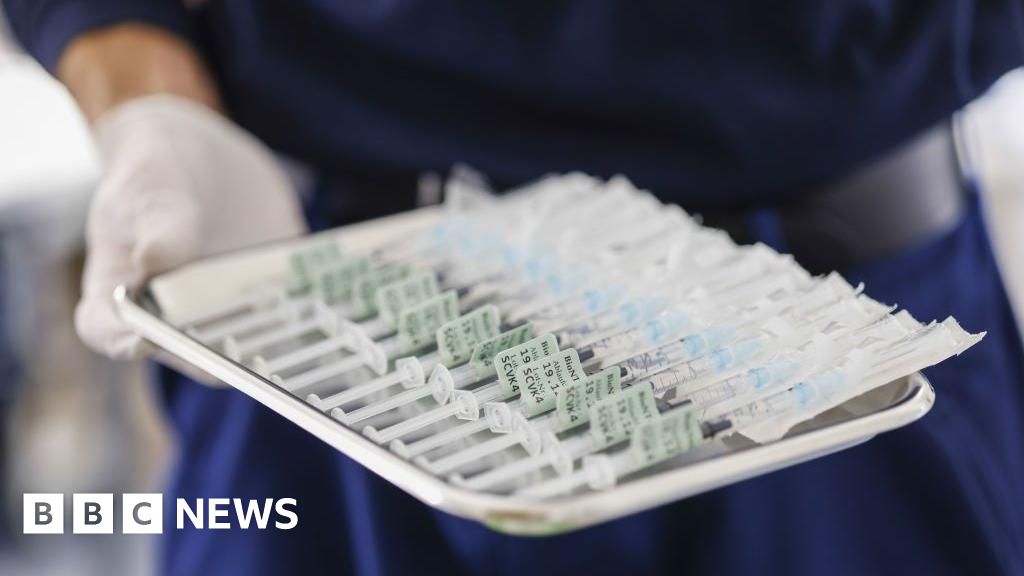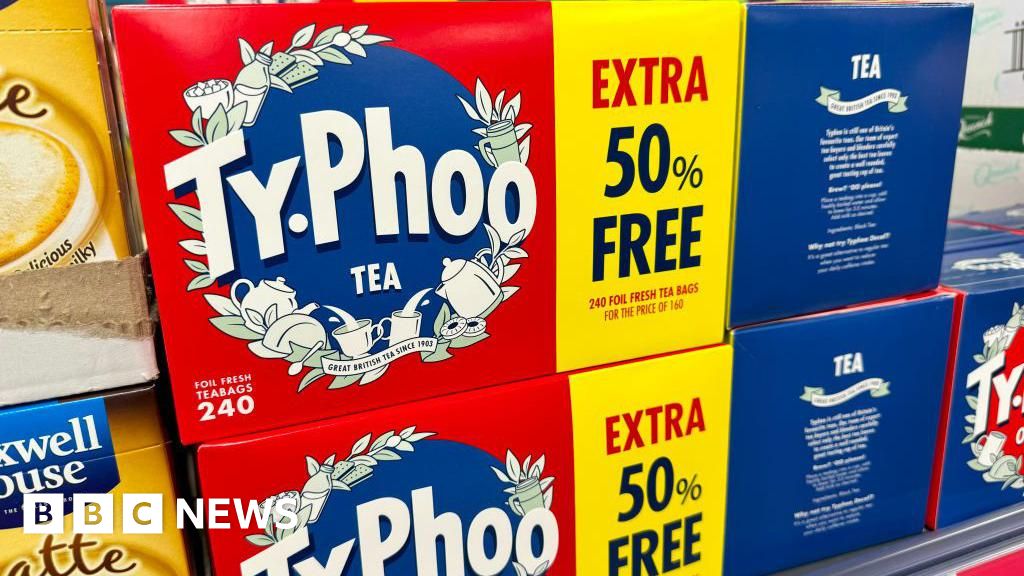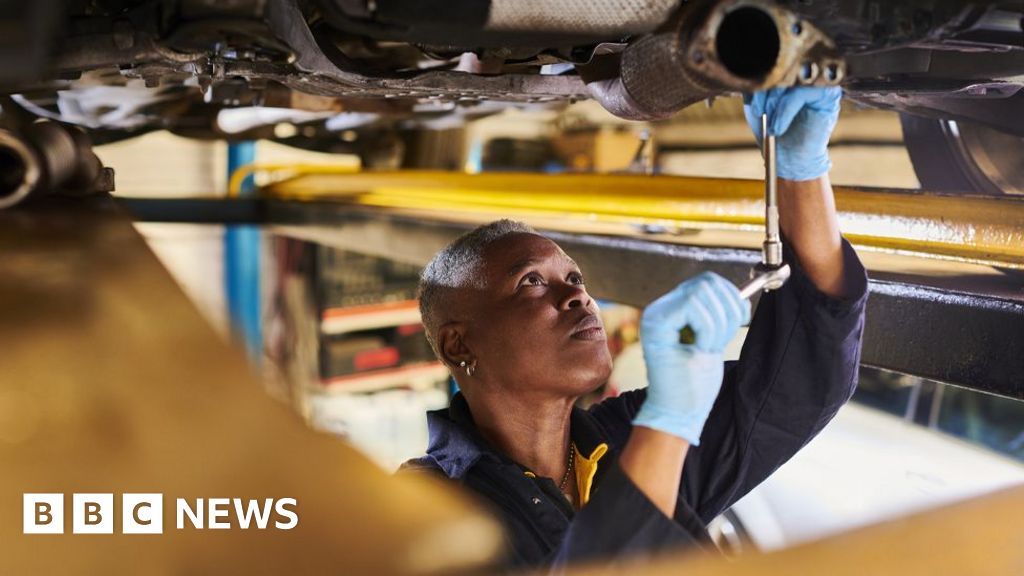ARTICLE AD BOX
Image source, Getty Images
Image caption,Russian oil makes up around 8% of global supply
The cost of a barrel of oil pushed higher on Wednesday, increasing the chance of further price rises at UK forecourts, analysts said.
Brent crude - the global benchmark for oil prices - hit $112 a barrel, its highest level since June 2014.
The release of emergency stockpiles by the International Energy Agency (IEA) did little to keep a lid on prices.
The RAC said if the higher oil price is sustained, the cost of filling up a car in the UK will increase with it.
"Today will be key to see if this is just a blip. If these high crude prices continue, that flows through to the wholesale price and then when petrol companies restock supplies at these prices that means UK drivers will be charged more," said RAC fuel spokesperson Simon Williams.
The average price of petrol across UK forecourts is 151.25p per litre, according to the RAC.
Higher oil and commodity prices helped the London stock market to buck the downward trend in global markets, with commodity-linked company share prices surging as the Ukraine crisis fanned fears about supply shortages.
The FTSE 100 rose 0.8%, boosted by Shell and BP shares, up 3.8% and 3.1%, respectively.
Meanwhile, the price of US oil - West Texas Intermediate crude - rose to almost $109.78 a barrel.
'No difference'
The IEA member countries, led by the United States, yesterday agreed to release 60 million barrels of emergency stockpiles, but it appeared to have had a limited effect on pricing.
AJ Bell investment director Russ Mould said the move would not "make any sustained difference" to prices.
"Russia controls a sixth of the world's gas and a tenth of its oil. Those figures dwarf the 60 million barrels and industrial buyers, or financial speculators, will be focusing on those numbers and where that supply goes.
"The West is still buying Russian supply and Russia is still providing it but that could conceivably change as relations deteriorate further," Mr Mould added.
Russian oil exports account for about 8% of global supply.
The Organization of the Petroleum Exporting Countries (OPEC), Russia and allies, a group known as known as OPEC+, are due to meet later on Wednesday, where they are expected to stick to their ongoing policy of increasing supply by 400,000 barrels each day.
ExxonMobil on Tuesday said it would sell out its stakes in Russian oil and gas operations as a result of Moscow's invasion of Ukraine. Shell and BP have also made similar announcements.

 2 years ago
102
2 years ago
102








 English (US)
English (US)